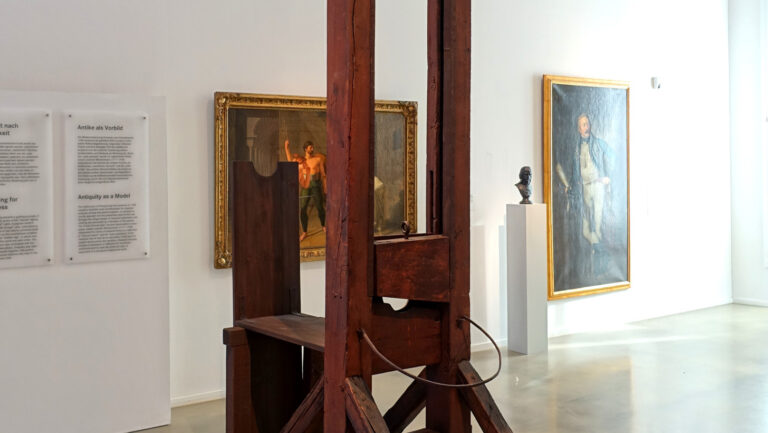On Independence And Inequality
As Unemployment Supplement Ends, Many Fear What's Next


Daderot
Latest Article|September 3, 2020|Free
::Making Grown Men Cry Since 1992


Daderot

